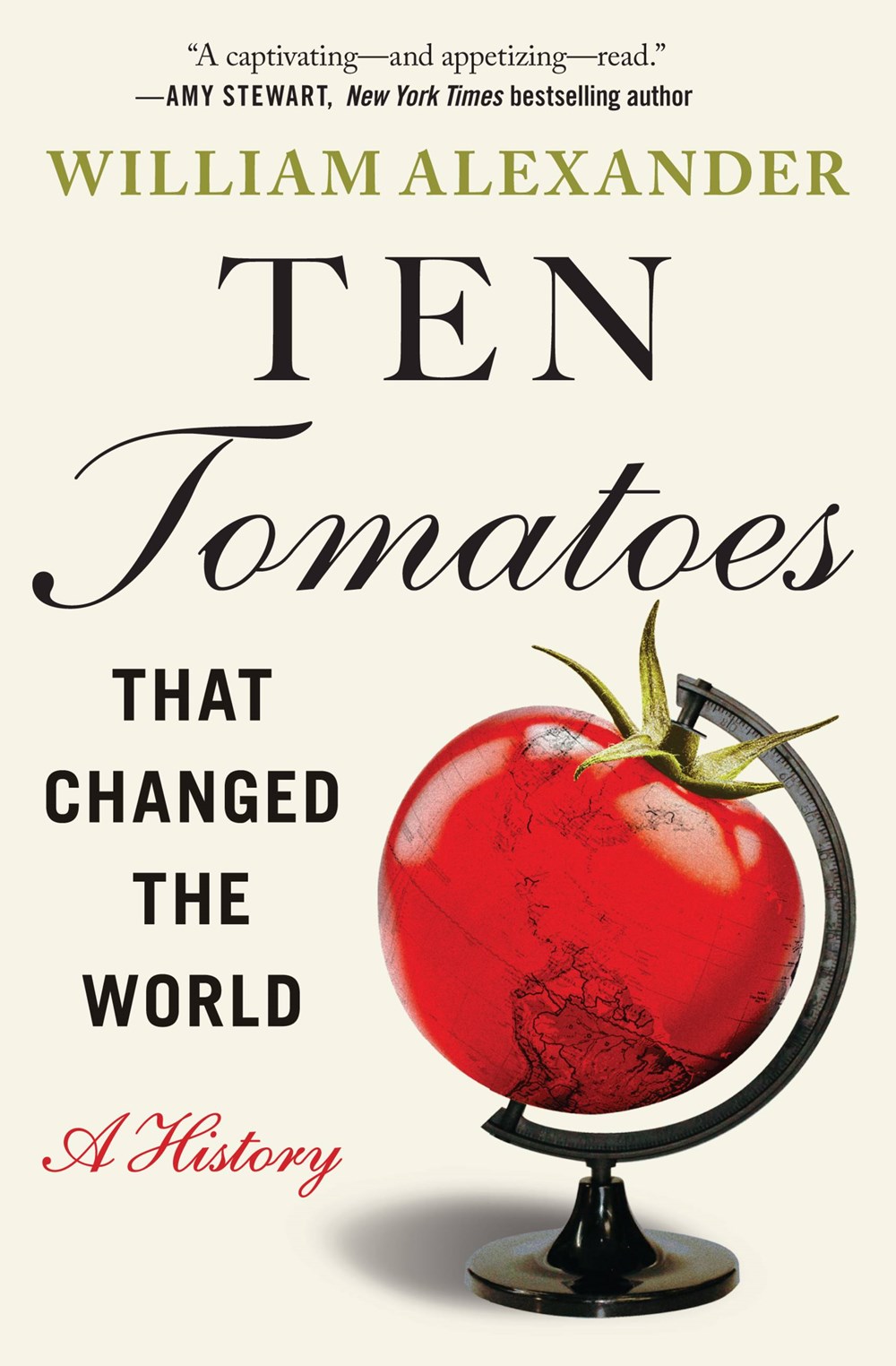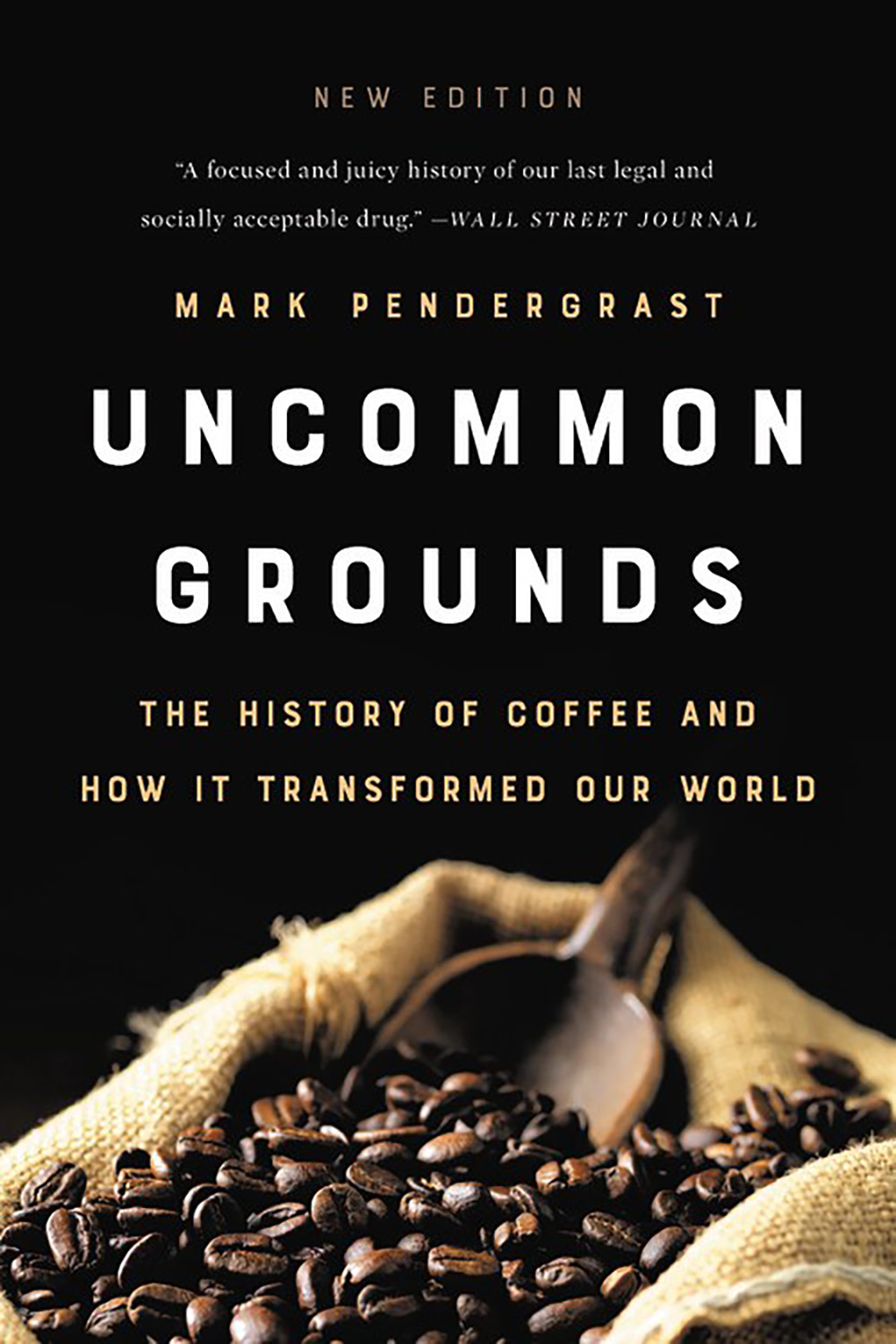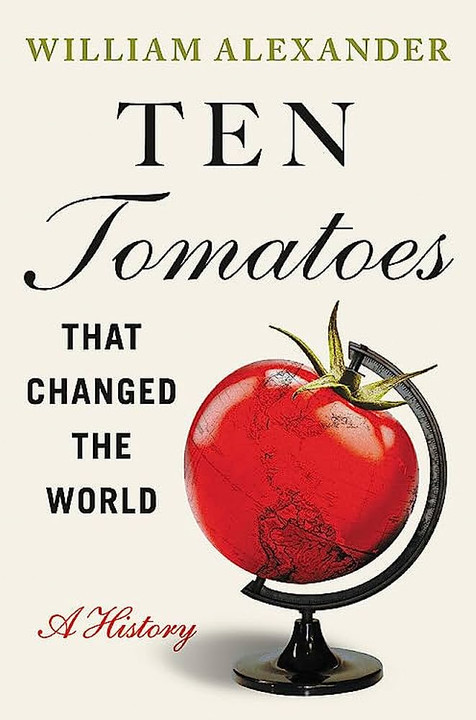Expand Your Horizons: Four books about culinary history to devour with your book club
William Alexander delivers a tasty culinary chronicle with Ten Tomatoes That Changed the World: A History. With authority, humor and an instinct for flavorful anecdotes, Alexander tracks the evolution of the tomato from its first cultivations in the Americas to its first encounter with Europe via the Spanish in the 1500s to its current widespread popularity. Along the way, he considers tomato-related innovations such as the creation of ketchup and the rise of hybrid tomato specimens. Alexander touches on themes of contemporary farming practices and food production that will provide great talking points for book clubs.

Joshua Specht’s Red Meat Republic: A Hoof-to-Table History of How Beef Changed America is a surprisingly dramatic account of the rise of the beef industry and how the meat came to be an American favorite. Focusing on the 19th century, Specht explores the cattle ranches of the American West and the Chicago meatpacking industry and looks at how urban expansion affected production. His shrewd analysis of meatpacking practices, factory conditions for workers and labor developments underscores the impact of beef on American business. Specht’s nuanced account sheds new light on a mealtime mainstay.

In Milk!: A 10,000-Year Food Fracas, Mark Kurlansky traces the science, history and mythology behind the life-giving liquid. Fans of the author (who has also dedicated books to salt and cod) will welcome this study of a beverage that, as Kurlansky demonstrates, transcends cultures and eras. From milk production and dairy farming to the role of milk in economics and its significance in countries across the globe, Kurlanksy presents a multifaceted look at the vital beverage. Ever attuned to the offbeat factoid, he writes with typical crispness in a book that’s sure to intrigue readers.

Uncommon Grounds: The History of Coffee and How It Transformed Our World by Mark Pendergrast delves into the fascinating past of a controversial crop. Millions of people around the world rely on the coffee industry for their livelihoods, and Pendergrast takes stock of how the little bean has shaped international commerce and politics over the centuries. He brews up plenty of tantalizing coffee lore, assesses the dominance of Starbucks and explores the worlds of coffee snobs and fair-trade advocates. Global economics and the centrality of coffee to our daily lives make for rich discussion topics.


